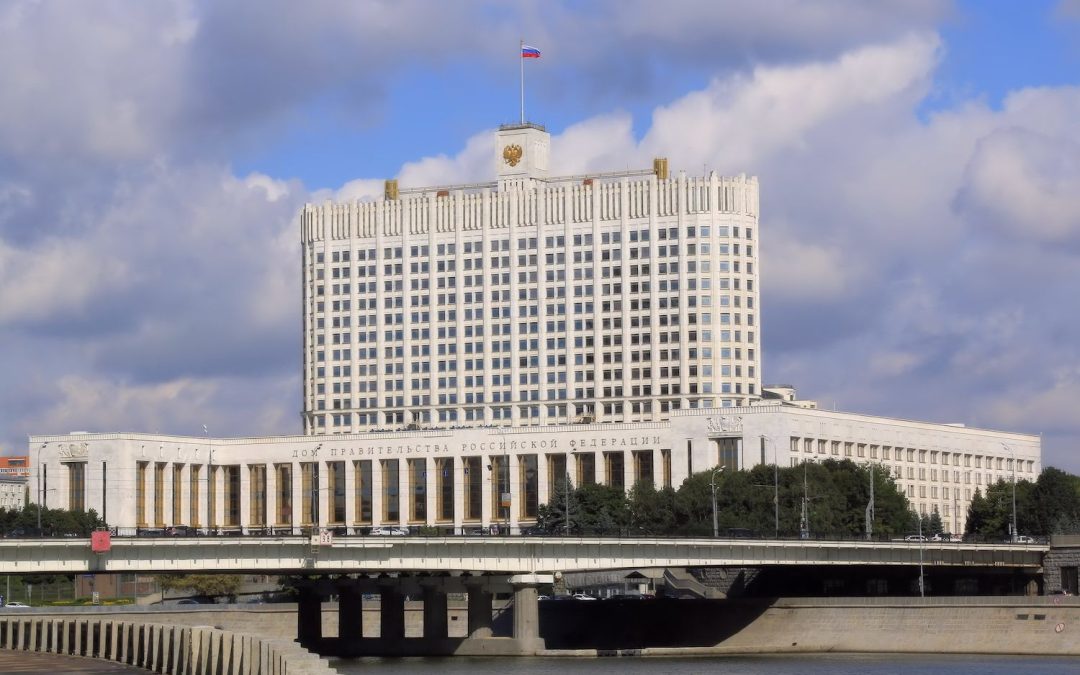The Russian government plans to have regulations for cryptocurrencies in place by the end of the year, according to a road map reviewed by the Russian news agency RBK, a stance that highlights the opposing position of the Bank of Russia, which last week called for a full ban on crypto trading, mining and payments.
The road map, signed by the deputy chairman of the government Dmitry Chernyshenko, according to RBK, suggests introducing know your customer (KYC) and anti-money laundering (AML) rules for cryptocurrency platforms, defining their regulatory status, mandating a supervisory body and establishing penalties for those who don’t play by the rules.
The plan was drafted by a working group comprising several government agencies, including the Ministry of Finance, Ministry of Economic Development, General Prosecutor’s Office, Rosfinmonitoring – the federal body responsible for combating money laundering and terrorist financing, Federal Tax Service, Ministry of Digital Development, Bank of Russia, Federal Security Service and Ministry of Interior.
The sole dissenting voice came from the Bank of Russia, which insists on a ban, according to an unidentified source cited by RBK.
The timetable says that by May the Ministry of Finance should have designed a system of compliance control for peer-to-peer (P2P) platforms. By November, anti-money laundering standards set by the global Financial Action Task Force (FATF) should be adopted. By December, rules for registration and reporting by crypto platforms should be created.
Failure to declare cryptocurrency transactions should be subject to administrative and criminal punishment, according to the document. There is also a plan to introduce a law for Russians to report their cryptocurrencies holdings. A method for defining crypto assets’ prices also needs to be developed.
In recognition of its opposition, the Bank of Russia will be assigned to study how China banned crypto.
The Ministry of Finance had earlier put forward its own proposal for regulating crypto in the country. That plan included making banks responsible for the KYC procedures and limited non-qualified investors’ ability to trade complex investment instruments, RBK earlier reported.
Compliance procedures should be based on the ones employed by Aximetria, a Swiss crypto startup with Russian roots recently recently purchased by Russia’s Tinkoff bank, according to the publication. Transactions would be traced by Rosfinmonitoring, the AML watchdog, through its homemade transaction tracking tool named Transparent Blockchain. P2P platforms should register with the Bank of Russia, and foreign crypto exchanges would have to open a branch in Russia.










